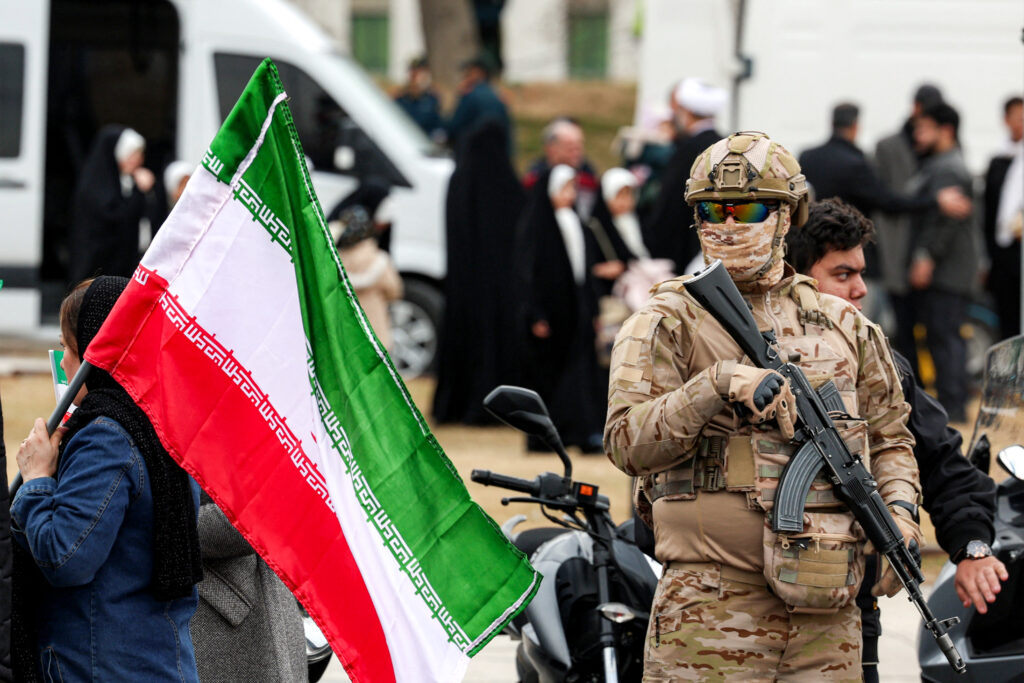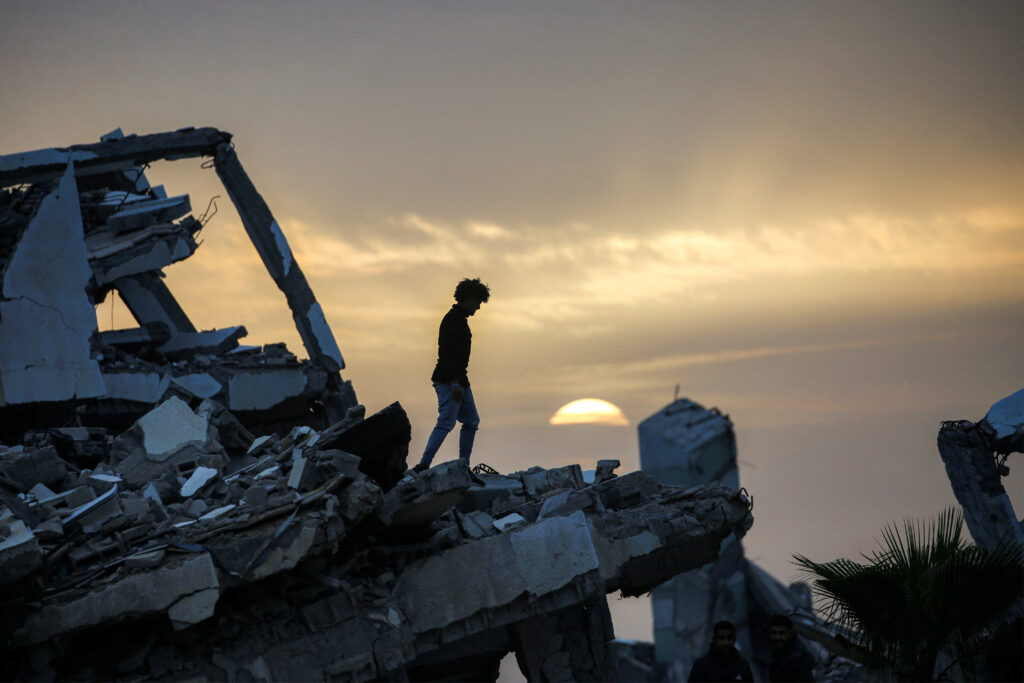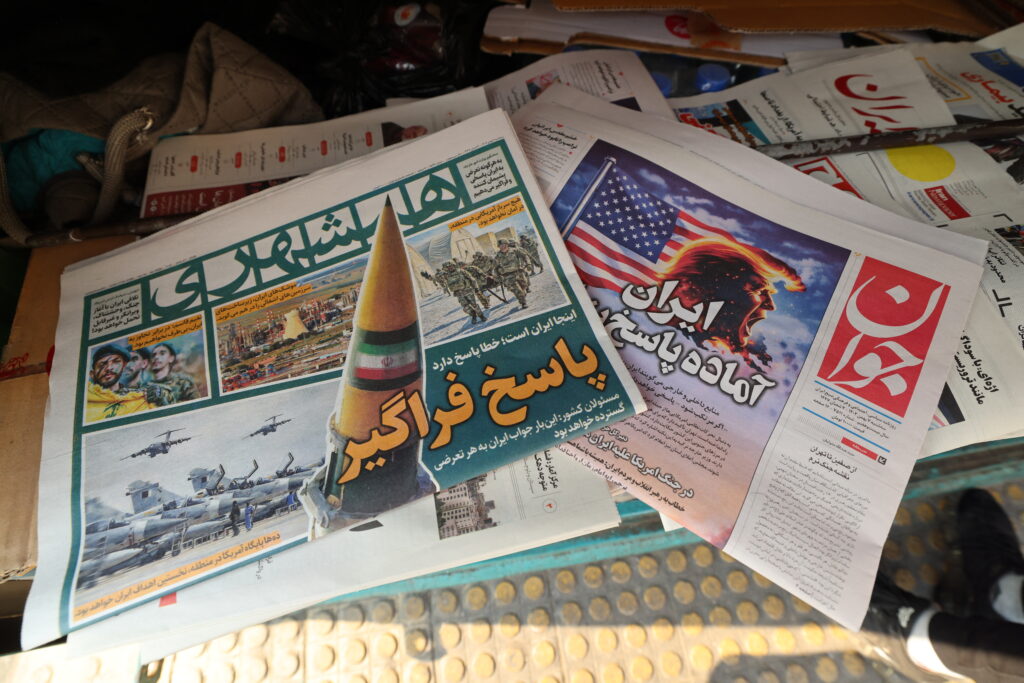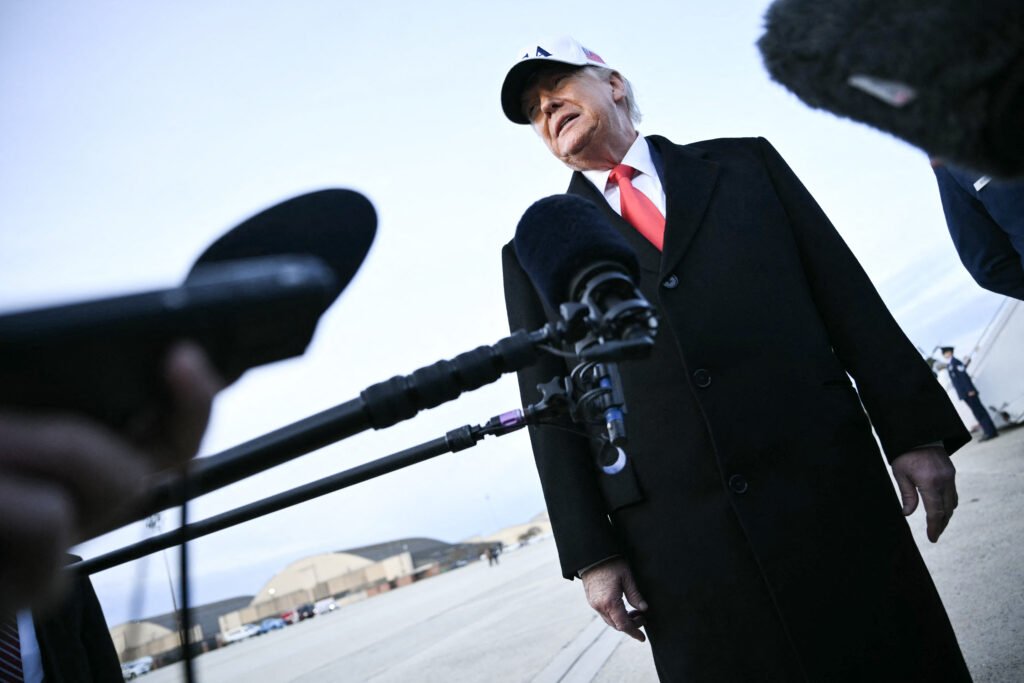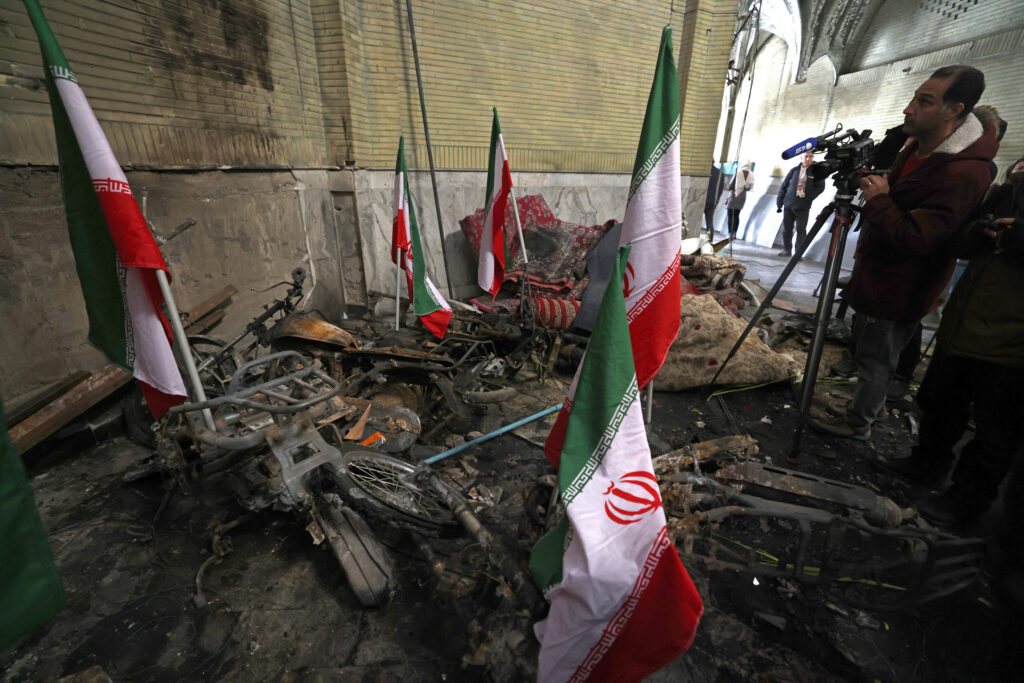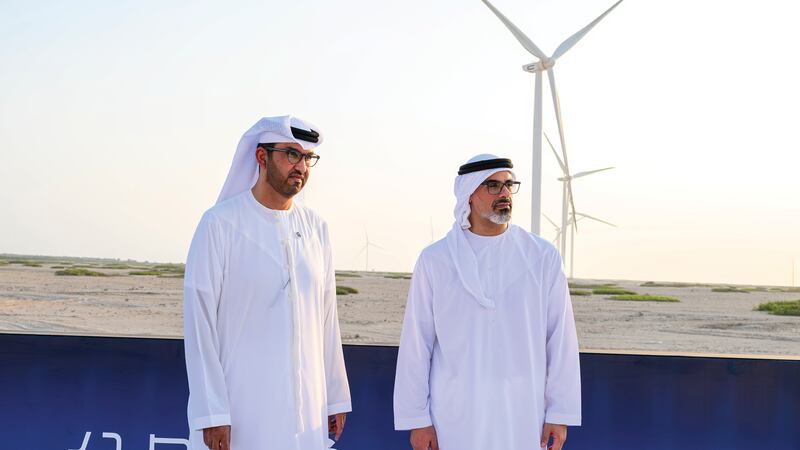MEI Snap Reaction: Iran Launches Missile Attack on Israel, Tel Aviv Vows to Retaliate
- -
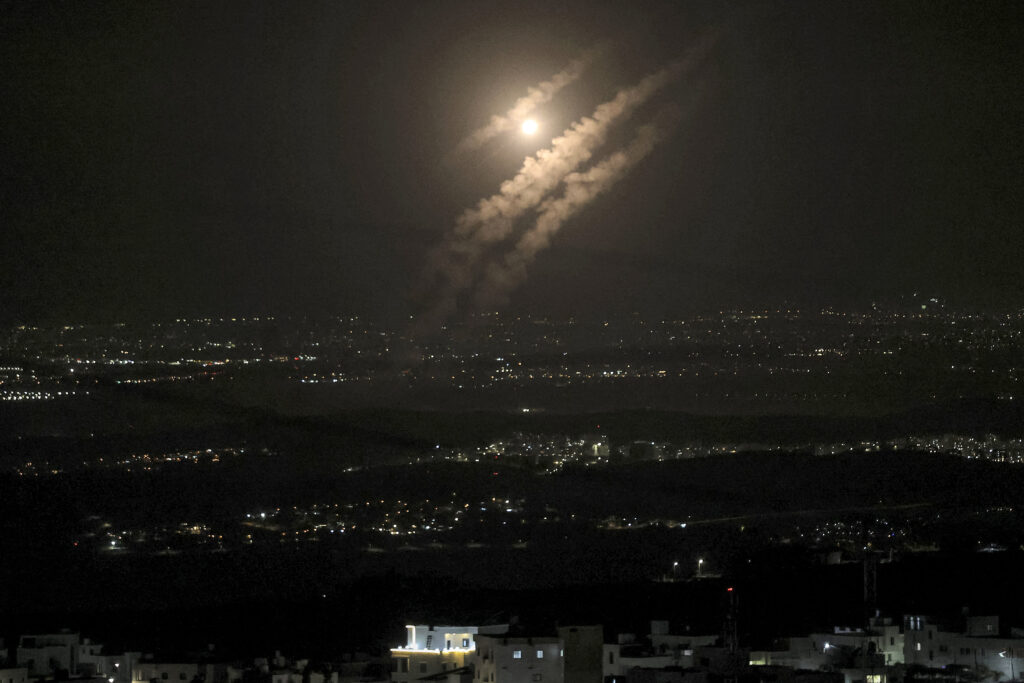
“Iran’s latest wave of missiles follows Israel’s ground incursion into Lebanon, marking its second form of direct retaliation since its last missile barrage in April — which was largely symbolic. Two questions hover over the current state of affairs. First, whether Tehran’s latest act is a performative one aimed at “saving face” after a series of high-profile assassinations on Iranian soil and in proxy territory. The IRGC claims to have used the “Fattah” hypersonic missile for the first time, but both the degree of damage inflicted on Israel, and the possibility of a follow-up direct strike, remain to be seen.
Second, from an Israeli perspective, the current circumstances differ from those in April. The IDF has gained significant momentum in eliminating targets within Hezbollah’s leadership structure — notably its crown jewel, Hassan Nasrallah — in addition to assassinating Ismail Haniyeh and other Hamas commanders. With the wings of Iranian proxies clipped, the calculus of an emboldened Israel, having ignored calls for restraint at the recent UNGA summit, means that it has freer rein now. This could mean taking aim next at a more important strategic target: Iran’s nuclear facilities”.
– Clemens Chay, Research Fellow
“Oil prices have already spiked by 3% immediately after the Iranian strike on Israel. While there are questions over whether Iran is capable of handling what is feared to grow into a regional war, one thing is certain: Tehran can wage a global economic war by controlling the Strait of Hormuz, a critical passage for 30% of the world’s oil trade. For the US, whose involvement since the attacks of October 7th last year has proven ineffective in curbing several escalatory rounds, there might be a high price: Rising oil prices, and the possibility of renewed inflation, could impact a consequential election, which is a barely a month away”.
– Aisha Al-Sarihi, Research Fellow
“Iran’s missile attack seems to be a release of pent-up frustration, signalling deep dissatisfaction from Tehran and its allies. This round of strikes may also serve as a test of Iran’s large-scale missile capabilities, particularly in launching simultaneous strikes. If the attacks persist, Tehran could quickly deploy a second wave of missiles using underground rail systems for rapid deployment. The scale of these attacks exceeds those seen during Operation “Sincere Promise”, moving the region towards greater instability.
Looking ahead, if both sides maintain their current strategies, the situation is likely to worsen. The future of the conflict now largely hinges on Israel’s next steps. Just before Iran’s large-scale rocket strike, two Palestinians from Hebron opened fire on Israeli civilians in Tel Aviv’s Jaffa district, killing six. In response, Israel is likely to face increasing pressure to balance its immediate security needs, both internally and against external adversaries”.
– Lin Jing, Research Fellow
“Iran’s ballistic missile strike follows the deaths of key military leaders, including IRGC commander Abbas Nilforoushan, and Hezbollah leader Hassan Nasrallah. These losses have affected Tehran’s ability to maintain its influence in the region, as it faces internal pressures and a weakening network of proxies. Unlike its missile strike in April, which was less lethal, this action aims to reaffirm its support for its proxies.
But this move also gives Israel a legitimate reason to respond. Tel Aviv has shown readiness to counter perceived threats, and the attack may lead to an escalation in military operations, directly targeting sensitive sites in Iran itself”.
– Evangeline Cheng, Research Associate
Image Caption: Projectiles above the Israeli city of Ashdod on 1 October 2024. Iran’s Revolutionary Guards said a missile attack was underway against Israel on in response to the killing of Hezbollah chief Hassan Nasrallah last week as well as that of the Hamas leader. Photo: AFP

